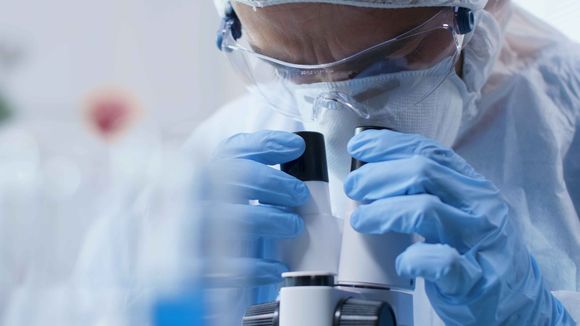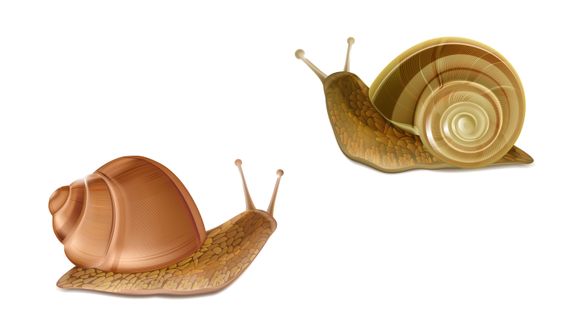Sea snail goo - how it can help
Crimson mucus, which the Australian sea snail produces to protect its eggs, contains a compound that could one day prevent colon cancer in humans. This is claimed by researchers from Australia's Flinders University, Southern Cross University and Monash University.
In a study published in Nature Scientific Reports, the researchers detailed the mechanisms in Muricidae mollusks. [Ref. 1] They possess a gland that secretes a compound belonging to a class called indoli , organic compounds found in herbal medicines and pharmaceutical drugs. Although it is known that this compound has antibacterial and anti-inflammatory properties, scientists are not sure that it can be an effective cancer treatment of 100%.
To find out more about the issue, the team exposed extracts from the compound to human cancer cell lines. This establishes that it kills cancer cells. The scientists then carried out a set of experiments in which mice were given an extract, as well as carcinogens, to cause cancer. Using mass spectrometry, the team tracked the extract as it moved through the mice' organisms and eventually to the colon, where it prevented tumor formation.
The findings of the team of scientists

Image by DCStudio on Freepik
The research team from the three universities was able to take advantage of the fact that snail compounds contain bromine as a unique fingerprint. This tracks how these types of compounds are metabolized in the body and identify some potentially toxic metabolites from raw extracts that have not been found in the pure snail compound. This study is very important for understanding the safety of these types of natural compounds for human medicine.
For years, scientists have known that sea snails produce a compound that is unusually effective at killing both normal and drug-resistant cancer cells. But the new study is unique because it shows that tumors can actually be prevented.
According to Katherine Aber, a professor of molecular biology at Flinders University and author of the study, scientists were able to enter a colorectal cancer model long-term. They managed to show that one of the compounds in the extract, 6-Br, is able to reduce tumors. Previously, only their effects were considered in a period of six hours after damage to the DNA of a cell of the colon.
What's next
The team hopes their findings will someday improve treatment for colorectal cancer, which causes the deaths of 862,000 people in 2018 and is the second leading cause of death from cancer, according to the World Health Organization. Although it will take years before the compound becomes part of a widespread treatment, the findings highlight how cancer researchers have only just begun to explore a huge resource of potential cures found in the world's oceans.









